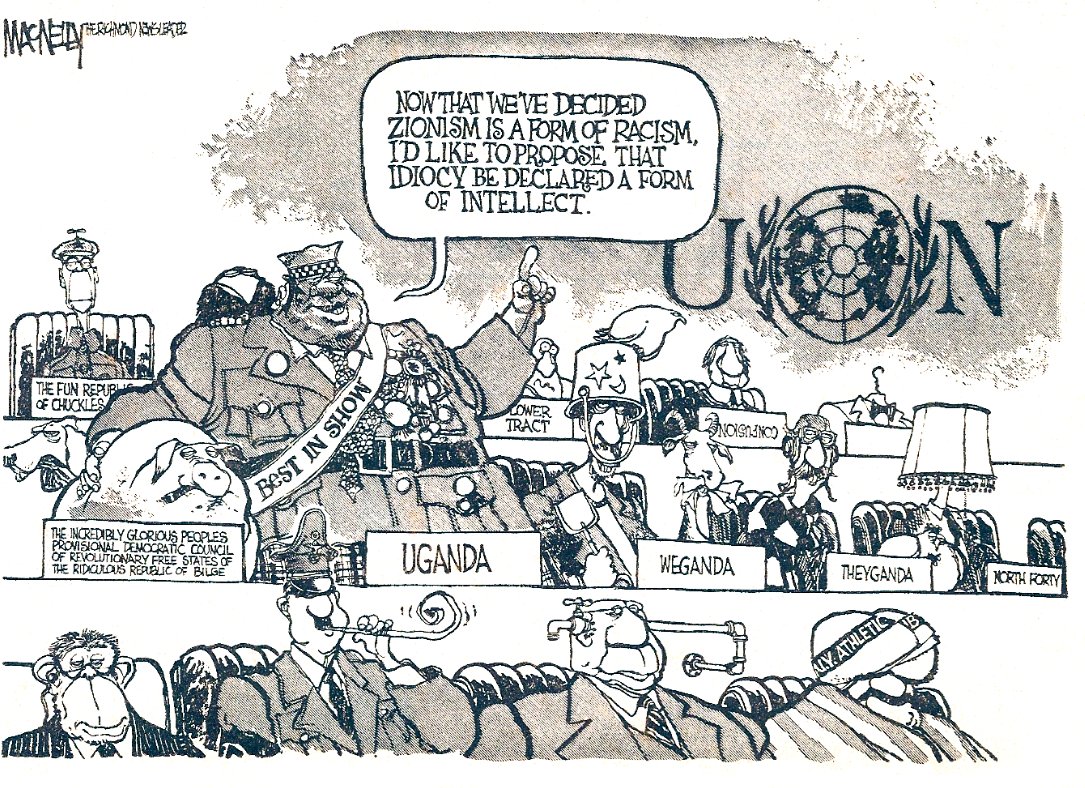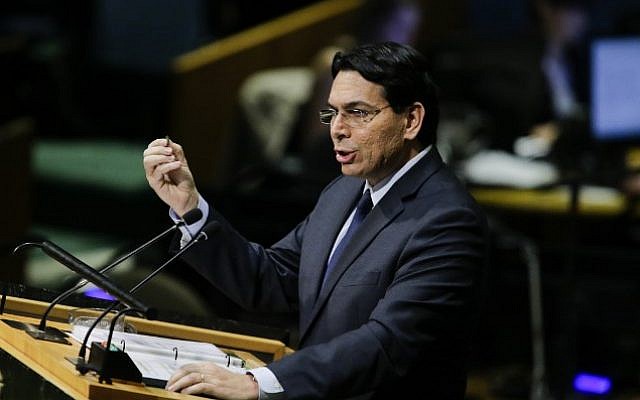Saudi Arabia bars Israelis from chess tournament
Israeli chess players on Sunday were denied the visas necessary for them to participate in an international tournament in Saudi Arabia next week, crushing hopes that they could make history by being the first representatives of the Jewish state to take part in such an event hosted by the kingdom.Prof. Phyllis Chesler: Europe's betrayal
Seven Israeli players had filed requests for visas to participate in the games to be held in Riyadh on December 26-30 as part of the world rapid and blitz chess championships.
Last month, the World Chess Federation (FIDE), which runs the tournament, said that it was “making a huge effort to assure that all players get their visas.”
But on Sunday that international body announced that its efforts were for naught.
Moshe Shalev, the interim head of the Israel Chess Federation, told The Times of Israel that the players had not been granted visas and said his group was discussing taking legal action.
“We are thinking about suing the World Chess Federation,” he said.
I am reliving the Evian Conference, held in 1938. No European country was willing to take the Jews.
Eighty years later, on December 21, 2017, twenty six European countries voted to condemn the United States’ decision to recognize Jerusalem as Israel’s capital. Six abstained. No European country dared to stand with the United States, with Israel, or with reality.
Austria and Germany—Hitler’s home base—voted to condemn the United States’ decision to recognize Jerusalem as Israel’s capital.
Germany—whose shame about the Nazi genocide of six million assimilated, productive, and non-violent Jews led Merkel’s Germany tp embrace millions of non-assimilated, non-productive, and very violent Muslim refugees—and why?
Partly to redeem their own soiled reputation and, more diabolically, to continue their traditional Jew-hatred by allowing Muslim refugees to harass, beat, torture, and murder Jews—and by consistently voting for Palestinian terrorists over a peaceful and democratic Israel.
Germany—on whose soil Israeli athletes were murdered in cold blood at the Olympics and whose police could not stop the Palestinian killing spree or apprehend the perpetrators.
Austria and Germany were not the only European countries who voted to condemn the vote on moving the American Embassy to Israel’s capital city, Jerusalem.
Israeli experts weigh in on Obama-Hezbollah revelation
In fact, while much of the probe has centered on the potential illegality of Obama's intervention, investigators are scrutinizing the former chief executive’s reasons for interfering to Hezbollah’s benefit: namely, to examine the assumptions and, more generally, the worldview that shaped his policy toward the organization and, by extension, Iran.
To that end, Politico cited statements made by John Brennan, who would become Obama's top counterterrorism adviser and then CIA director. As early as 2010, just one year after Obama assumed office, Brennan confirmed that the administration was looking for ways to build up “moderate elements” within the "very interesting" Hezbollah group which was no longer considered a "purely terrorist organization."
Obama loyalists see in this interpretation a reasonable justification for the former president’s actions as a path to engaging Tehran diplomatically rather than militarily. Critics not only see no reasonable indication to have believed Hezbollah was malleable, and in fact, saw the terrorist group’s militancy as intractable. This is supported by the now infamous comments by top Obama aide Ben Rhodes who bragged in an interview of manipulating an uninformed media and populace to ratify the Iranian nuclear agreement. Indeed, it is being reported that the core of the Obama team has been activated to de-toxify the alleged Obama actions vis-à-vis Hezbollah.
Those who rejected the agreement have been strengthened during the ensuing years, as Shiite Tehran continues to foment unrest in Syria, Iraq, Yemen and beyond, arguing that by all indicators—and citing its blatant development of missile delivery systems capable of supporting nuclear weapons and flouting of United Nations Security Council resolutions—the Islamic Republic remains committed to exporting its revolutionary ideology while competing with Sunni Saudi Arabia for regional dominance.
And while proponents of the accord contend that Tehran is abiding by it, opponents continue to warn that the devil is in the existence of "sunset clauses" that will expire after 12 more years, effectively giving Iran a green-light to resume enriching uranium. At that point, the country will have pocketed all of the benefits of sanctions relief and reinforced its so-called "Shiite Crescent," a land corridor stretching through Iraq, Syria and Lebanon and into the Mediterranean.
According to Efraim Kam, a Senior Research Fellow at Israel's Institute for National Security Studies, Iran's unwillingness to change course was predictable. "Obama saw the nuclear deal as a way to get Tehran to modify its strategy," he explained to The Media Line. "In the administration's view it was a jumping off point to more cooperation and dialogue.
"However," Kam highlighted, "even before the accord was concluded Iranian Supreme Leader Khamenei made clear that he was not going to alter his calculus. He left no doubt that coordination would not be extended to other areas and never changed his mind for one minute."







































